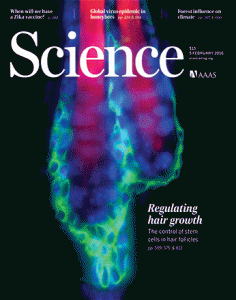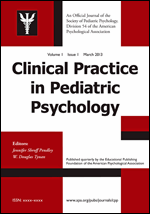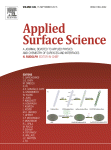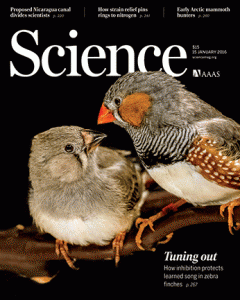 Today, Science has retracted a 2004 paper that’s been under scrutiny for years, despite the authors’ objections.
Today, Science has retracted a 2004 paper that’s been under scrutiny for years, despite the authors’ objections.
This paper has a long backstory: Recently, a report from the National Science Foundation’s Office of Inspector General surfaced that announced the agency had cut off the authors from funding. Last month, editor Marcia McNutt told us that the journal planned to retract the paper as soon as possible. Then, on January 21st, “just as we were going to press with the retraction,” said McNutt, the authors submitted a correction, which Science wanted to take some time to consider.
Now, the paper has a retraction note, against the wishes of authors Bruce Eaton and Dan Feldheim, currently at the University of Colorado.
Here it is the retraction note:
Continue reading After hesitating, Science retracts chemistry paper against authors’ wishes









